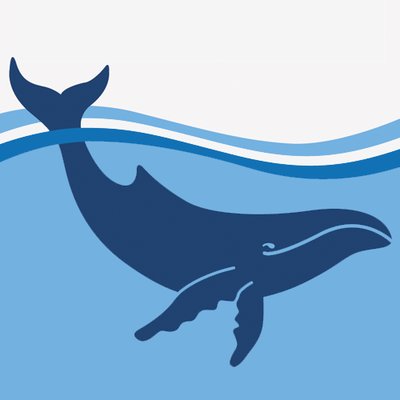By 2100, the impacts of sea level rise and storm surge are predicted to result in a $442 billion economic loss according to a study led by the University of Melbourne and commissioned by the Victorian Marine & Coastal Council and Life Saving Victoria.
· Impacts on land and property along the Victorian coast are predicted to reach a loss of $337 billion, with a further loss of up to $105 billion for wetlands.
· More than 80,000 existing residential, commercial, and industrial properties covering 45,000 hectares will be impacted.
· 144,000 hectares of coastal reserves will be affected as will 288,000 hectares of Victoria’s wetlands.
· The cumulative impact will be about $40 billion by 2040. Without action, it will grow ten times as 2100 approaches.
· Appropriate action over the next decade will dramatically reduce the long-term costs.
The University of Melbourne research shows that by 2100, almost every community along Victoria’s coastline will be affected. The residential and commercial areas with the most significant economic impact will be high density areas including Docklands, Port Melbourne and the Bay suburbs. Nearly 40% of the potential economic damages will be sustained by coastal reserves such as public recreational areas along Victoria’s 2500 km coastline.
The report also includes modelling by Climate Risk Pty Ltd focussing on the built environment. It suggests that by 2100, 151,000 Victorian properties (residential, commercial, and key infrastructure) could be at high risk of damage from sea level rise and storm surge.
For example, by 2040, more than 16,000 properties in Southbank will be at high risk of damage. And by 2100 this will rise to over 31,000 properties. Docklands will have more than 3,000 properties at risk by 2040 rising to over 37,000 by 2100.
A series of case studies by Climate Risk Pty Ltd, focussing on the Bellarine Peninsula, Wyndham, Williamstown, Hastings and Phillip Island, illustrate the local impact and the potential to reduce the impact through appropriate adaptation.
The costs outlined in the report demonstrate the need to invest today to reduce the long term economic, social and environmental impact.
“We know that climate change is going to hurt many Victorian communities if we do not act,” says VMaCC chair, Dr Anthony Boxshall. “This rigorous report clearly and comprehensively documents the economic challenges that Victoria’s coastal communities will face from sea level rise and related storm surges. Spending on adaptation over the next two decades could help reduce future risk and save significantly on the estimates of future costs.” he says.
In the report Professor Tom Kompas, from the University of Melbourne says, “…the economic damages from sea level rise / storm surge to coastal areas are more than enough to trigger considerable financial instability for many coastal communities and the State of Victoria itself, not to mention the potential loss of life, and damages to food, water supply and environmental assets from sea level rise and storm surge, many aspects of which are not accounted for in our calculations.”
In response to the report, VMaCC and Life Saving Victoria have called for the establishment of an independent taskforce to develop and promote a vision and operational blueprint to guide Victoria’s response to rising sea levels and related storm surge.
“Our members have observed the discernible influence of rising sea levels on numerous beaches. This evidence underscores an urgent call to action. It is important that we engage in thoughtful preparation to effectively address sea level rise and coastal inundation, thereby mitigating risks, while simultaneously safeguarding the natural allure of our pristine coastline and beaches to ensure we cultivate a safe, sustainable legacy for generations to come,” says Catherine Greaves, CEO of Life Saving Victoria.
Anthony Boxshall, Catherine Greaves and Professor Tom Kompas are








